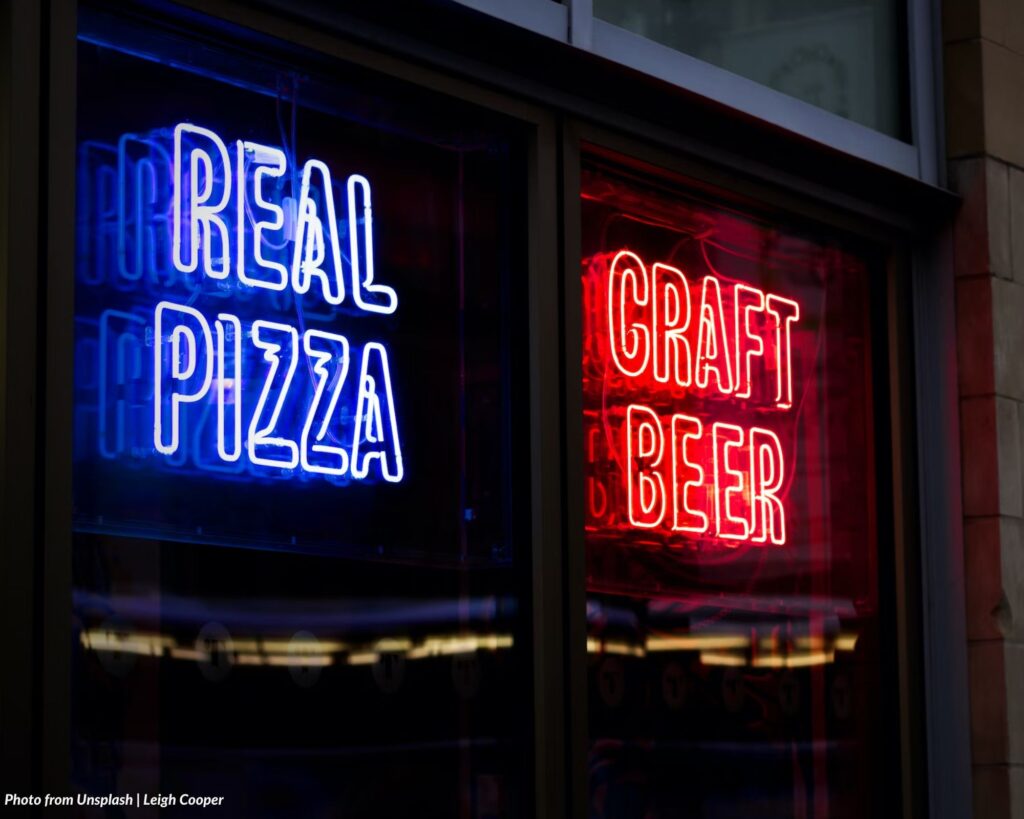
Photo from Unsplash | Leigh Cooper
The following post does not create a lawyer-client relationship between Alburo Alburo and Associates Law Offices (or any of its lawyers) and the reader. It is still best for you to engage the services of a lawyer or you may directly contact and consult Alburo Alburo and Associates Law Offices to address your specific legal concerns, if there is any.
Also, the matters contained in the following were written in accordance with the law, rules, and jurisprudence prevailing at the time of writing and posting, and do not include any future developments on the subject matter under discussion.
AT A GLANCE:
The protection of consumer interest shall be geared towards the prevention of misrepresentation in the labeling and false advertising in the presentation of food, including their shape, appearance or packaging, the packaging materials used, the manner in which they are arranged, the setting in which they are displayed, and the product description including the information which is made available about them through whatever medium.
Where relevant, the presentation of goods shall provide consumers a basis to make informed choices in relation to the food they purchase. (Section 8, par. b, R.A. No. 10611)
It is a declared policy of the State to ensure safe and good quality of food, drugs, cosmetics and devices, and regulate their production, sale, distribution, and advertisement to protect the health of consumers. (Article 20, Republic Act No. 7394 or the Consumer Act of the Philippines)
Towards this end, the State shall enforce compulsory labeling, and fair packaging to enable the consumer to obtain accurate information as to the nature, quality and quantity of the contents of consumer products and to facilitate his comparison of the value of such products. (Article 74, R.A. No. 7394)
Advertising under the Food Safety Act of 2013
Insofar as the term advertising is referred to under the Food Safety Act of 2013 (Republic Act No. 10611), advertising shall mean any business of conceptualizing, presenting or making available to the public, through any form of mass media, fact, data or information about the attributes, features, quality or availability of food and its related products for the purpose of promoting its sale or distribution and enhancing economic activity. (Section 4, par. a, R.A. No. 10611)
The Food Safety Act of 2013 (Republic Act No. 10611) provides that protection of consumer interest shall be geared towards “prevention of misrepresentation in the labelling and false advertising in the presentation of food, including their shape, appearance or packaging, the packaging materials used, the manner in which they are arranged, the setting in which they are displayed, and the product description including the information which is made available about them through whatever medium. Where relevant, the presentation of goods shall provide consumers a basis to make informed choices in relation to the food they purchase.” (Section 8, par. b, R.A. No. 10611)
Minimum Labeling Requirements for Consumer Products
The law says:
“All consumer products domestically sold whether manufactured locally or imported shall indicate the following in their respective labels of packaging:
- its correct and registered trade name or brand name;
- its duly registered trademark;
- its duly registered business name;
- the address of the manufacturer, importer, repacker of the consumer product in the Philippines;
- its general make or active ingredients;
- the net quality of contents, in terms of weight, measure or numerical count rounded off to at least the nearest tenths in the metric system;
- country of manufacture, if imported; and
- if a consumer product is manufactured, refilled or repacked under license from a principal, the label shall so state the fact.
The following may be required by the concerned department in accordance with the rules and regulations they will promulgate under authority of this Act:
- whether it is flammable or inflammable;
- directions for use, if necessary;
- warning of toxicity;
- wattage, voltage or amperes; or
- process of manufacture used if necessary.
Any word, statement or other information required by or under authority of the preceding paragraph shall appear on the label or labeling with such conspicuousness as compared with other words, statements, designs or devices therein, and in such terms as to render it likely to be read and understood by the ordinary individual under customary conditions of purchase or use.
The above requirements shall form an integral part of the label without danger of being erased or detached under ordinary handling of the product.” (Article 77, R.A. No. 7394)
Prohibited acts on labelling and packaging
The law says:
“It shall be unlawful for any person, either as principal or agent, engaged in the labeling or packaging of any consumer product, to display or distribute or to cause to be displayed or distributed in commerce any consumer product whose package or label does not conform to the provisions of this Chapter.
The prohibition in this Chapter shall not apply to persons engaged in the business of wholesale or retail distributors of consumer products except to the extent that such persons:
- are engaged in the packaging or labeling of such products;
- prescribe or specify by any means the manner in which such products are packaged or labeled; or
- having knowledge, refuse to disclose the source of the mislabeled or mispackaged products.” (Article 76, R.A. No. 7394)
Read also: Marketing of food products and medicine under the Consumer Act of the Philippines
Alburo Alburo and Associates Law Offices specializes in business law and labor law consulting. For inquiries regarding taxation and taxpayer’s remedies, you may reach us at info@alburolaw.com, or dial us at (02)7745-4391/0917-5772207.
All rights reserved.


